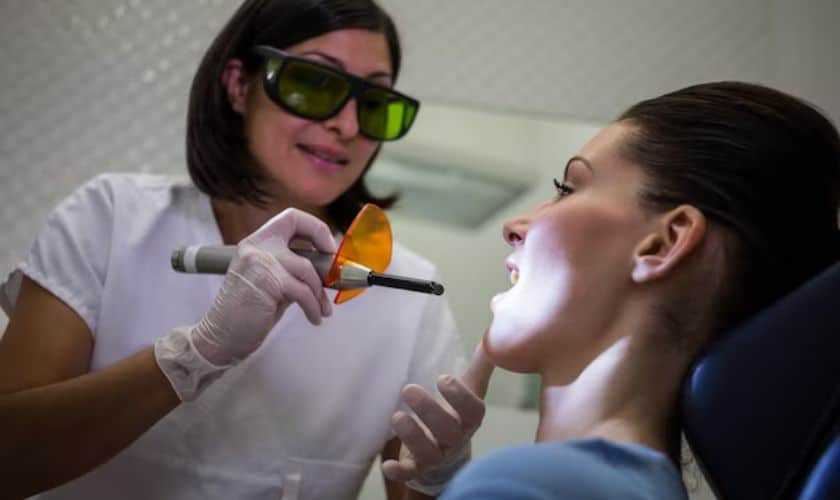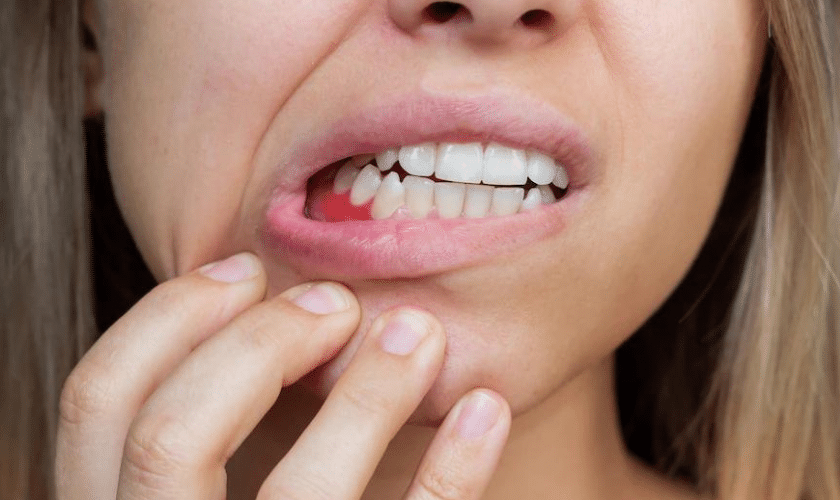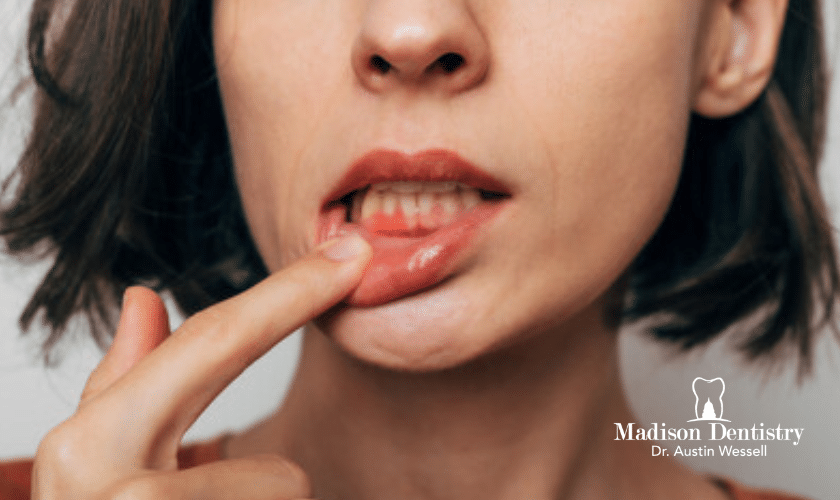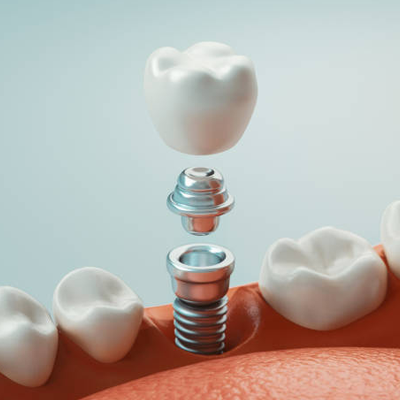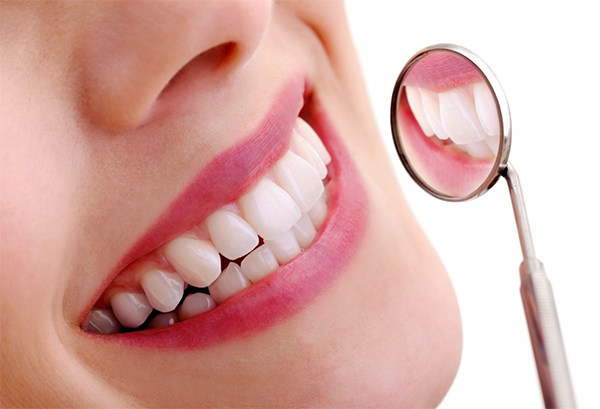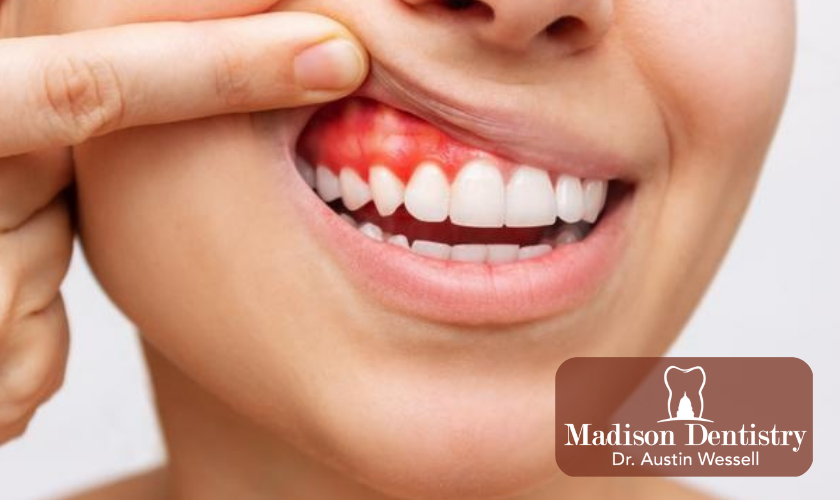
Gum bleeding is a very common problem among adults as well as children and can be caused by numerous factors. It is important to understand why your gum is bleeding in order to determine what type of treatment should be sought. By understanding the causes of gum bleeding, you can also identify any health problems that may have been overlooked, such as gum disease and vitamin deficiencies.
What Causes Gum Bleeding?
One of the most common causes of gum bleeding is gum disease, which occurs when plaque builds up along the gum line and causes inflammation and infection in the gum tissue. Other possible culprits include vitamin deficiencies, hormonal changes, unhealthy diet habits, smoking, poor oral hygiene habits, or aggressive brushing/flossing methods.
• Gingivitis: Gingivitis is an early stage of gum disease where your gums become inflamed due to the buildup of plaque and bacteria. This can cause your gum to bleed more easily when you brush or floss.
• Vitamin Deficiencies: A lack of certain vitamins and minerals, such as vitamin C and zinc, can also cause gum bleeding.
• Hormonal Changes: Pregnant women or those undergoing menopause often experience gum bleeding due to hormonal changes in the body.
• Unhealthy Diet Habits: Eating junk foods that are high in sugar can contribute to gum disease and gum bleeding.
• Smoking: Cigarette smoking is another common cause of gum bleeding as it increases your risk of developing gum disease.
• Poor Oral Hygiene Habits: Neglecting proper oral hygiene habits like brushing and flossing can lead to gum bleeding as plaque and bacteria build up on the gum line.
• Aggressive Brushing/Flossing: Using a hard-bristled toothbrush or too much force while brushing and flossing can cause gum irritation, resulting in gum bleeding.
How to Prevent Gum Bleeding?
The best way to prevent gum bleeding is by practicing good oral hygiene habits such as brushing twice a day for two minutes with fluoride toothpaste, flossing daily, and visiting your dentist for regular checkups and cleanings. Additionally, you should avoid smoking, eat a healthy diet, and maintain adequate vitamin levels.
• Brush Twice a Day: Brushing twice a day for two minutes with fluoride toothpaste can help remove plaque and bacteria that cause gum disease.
• Floss Daily: Flossing daily helps remove any food particles between your teeth and gum line that can contribute to gum bleeding.
• Visit Your Dentist Regularly: Visiting your dentist for regular checkups and cleanings is important for catching gum disease early on and preventing gum bleeding.
• Avoid Smoking: Cigarette smoking increases the risk of gum disease and reduces blood flow to the gum tissue, making them more prone to bleeding.
• Eat a Healthy Diet: Eating healthy foods like fruits, vegetables, nuts, whole grains, and lean proteins helps promote gum health and prevents gum bleeding.
• Maintain Adequate Vitamin Levels: Vitamins and minerals like vitamin C, zinc, iron, and calcium are important for gum health. Make sure you get enough of these nutrients either through your diet or supplements.
Should I See a Doctor for My Gum Bleeding?
If your gum bleeding is persistent even after making lifestyle changes, such as practicing good oral hygiene habits and eating a healthy diet, then it’s best to see your doctor for further investigation. Your doctor can conduct tests to determine if you have gum disease or a vitamin deficiency that could be causing the gum bleeding. Additionally, they can provide gum disease treatment options to address the underlying cause of your gum bleeding.
Conclusion
Gum bleeding is a common problem that can occur due to various reasons such as hormonal changes, unhealthy diet habits, smoking, poor oral hygiene habits, and aggressive brushing/flossing. The best way to prevent gum bleeding is by practicing good oral hygiene habits such as brushing twice a day, flossing daily, and visiting your dentist for regular checkups and cleanings. Additionally, eating a healthy diet and maintaining adequate vitamin levels can help promote gum health. If gum bleeding persists after making lifestyle changes, it’s best to see your doctor for further investigation.



